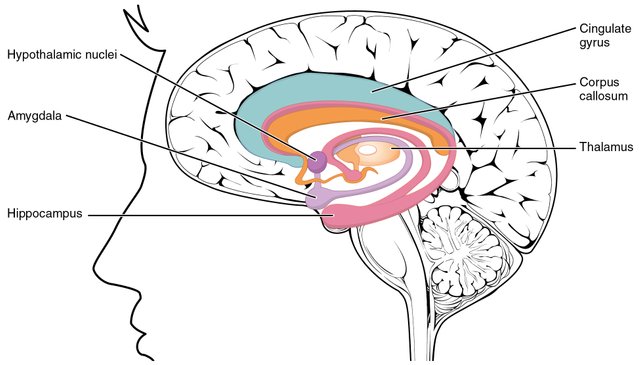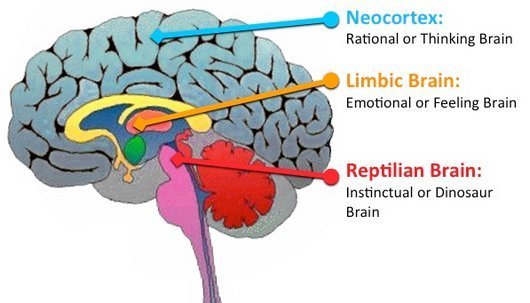Assuming we are able to recreate an AI that can solve all of our worldly problems, there is a large question about the means by which it will use to do this. At this still relatively early stage of AI development it is the ideal time to think and plan ahead about how we can make AI as safely as possible.
Thanks to advances in microprocessing and GPU technology, cheaper methods, and the proven benefits of autonomous vehicles, AI research is progressing rapidly. Google's AI, called AlphaGo, recently beat the world elite players in the complicated board game Go (which has more possible moves than atoms in the universe). Elon Musk's open AI was also able to defeat one of the world's best players in Dota 2, at times using unintuitive and unorthodox strategies.
These examples illustrate just how powerful an optimised AI can be, albeit currently limited to a narrow domain. As AI capabilities become more generalised it will theoretically become self-optimising and then within a relatively short space of time a super-intelligence. A pure problem-focused AI, even if it were to behave according to our instructions could be our own undoing. An AI like this may be tasked to solve a problem which it would achieve in the most optimal way with no regard for negative consequences of it's actions. If our goal is to create a super intelligence when we should definitely attempt to understand the factors guiding human motivation as well as to incorporate other cerebral functions into their architecture, including the ability for emotional processing.


Anatomically the brain is divided into the hindbrain, midbrain and forebrain. The reason why humans think and behave differently to other animals is the difference in relative proportions and sizes of these areas. The well-developed outermost area of the human brain, called the neocortex is why humans were able to out think, plan and build their way to being an apex predator. It is also in this thinking and problem solving domain of general intelligence where most AI advances have been focused.
Emotion is the less understood but very important aspect of thought which is regulated by the limbic system. It adds emotional context to our decisions and includes the memory writing regions of the brain. Contrasting the the goal-oriented AIs in the Terminator with the conscientious and kind AI depicted in the Bicentennial man highlights the importance of the limbic system.
We do not yet understand how the architecture of the brain leads to emotion let alone how to program it into an AI. A close collaboration between AI researchers, neuroscientists and programmers may help us to achieve a safer AI awakening.